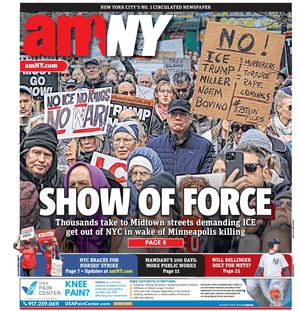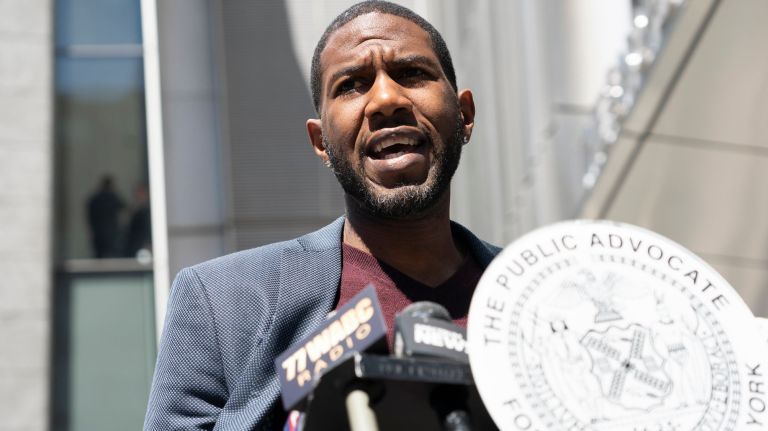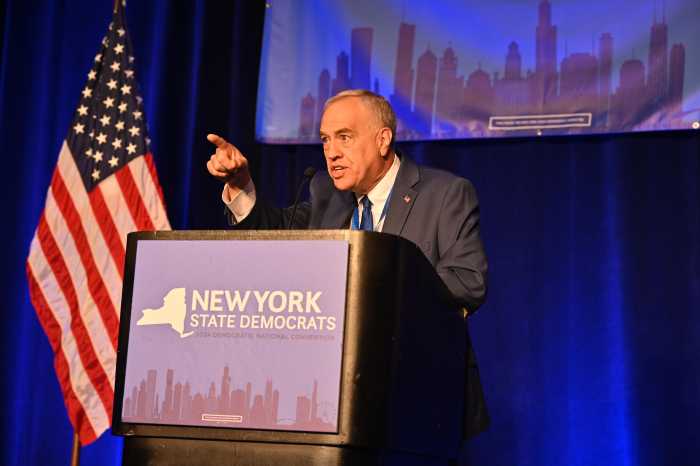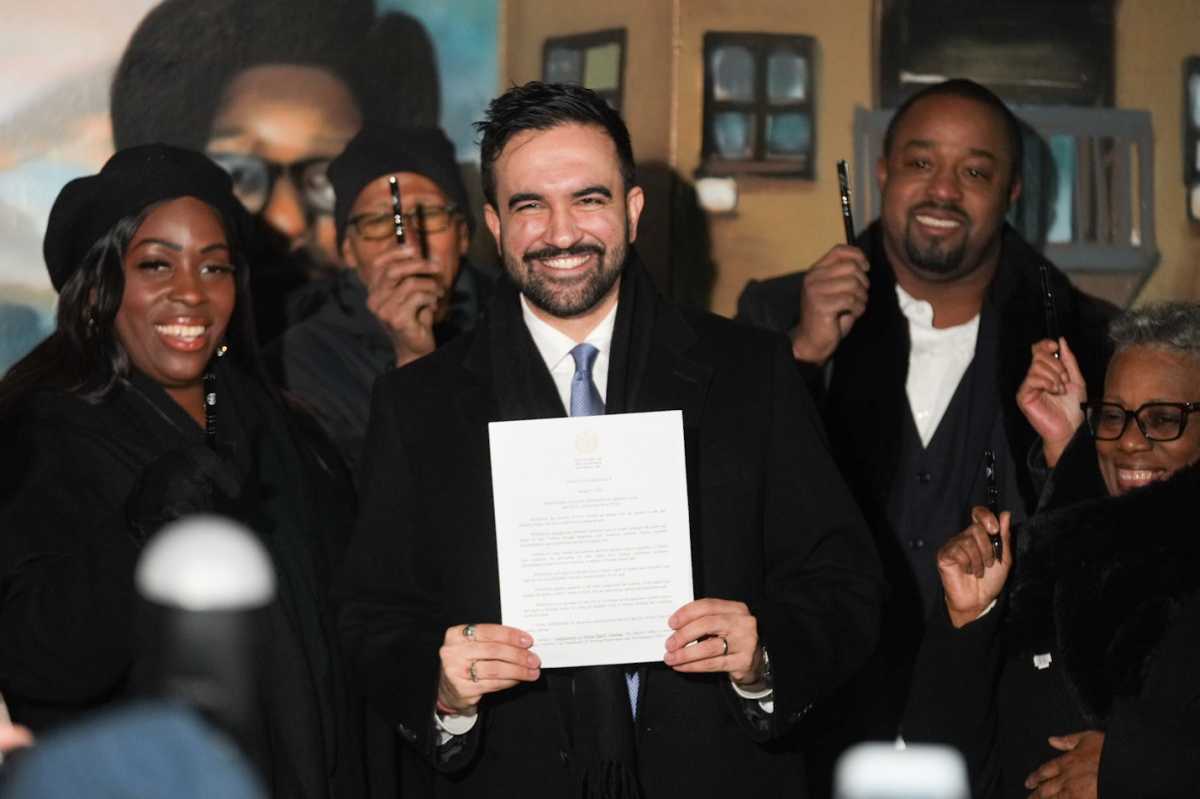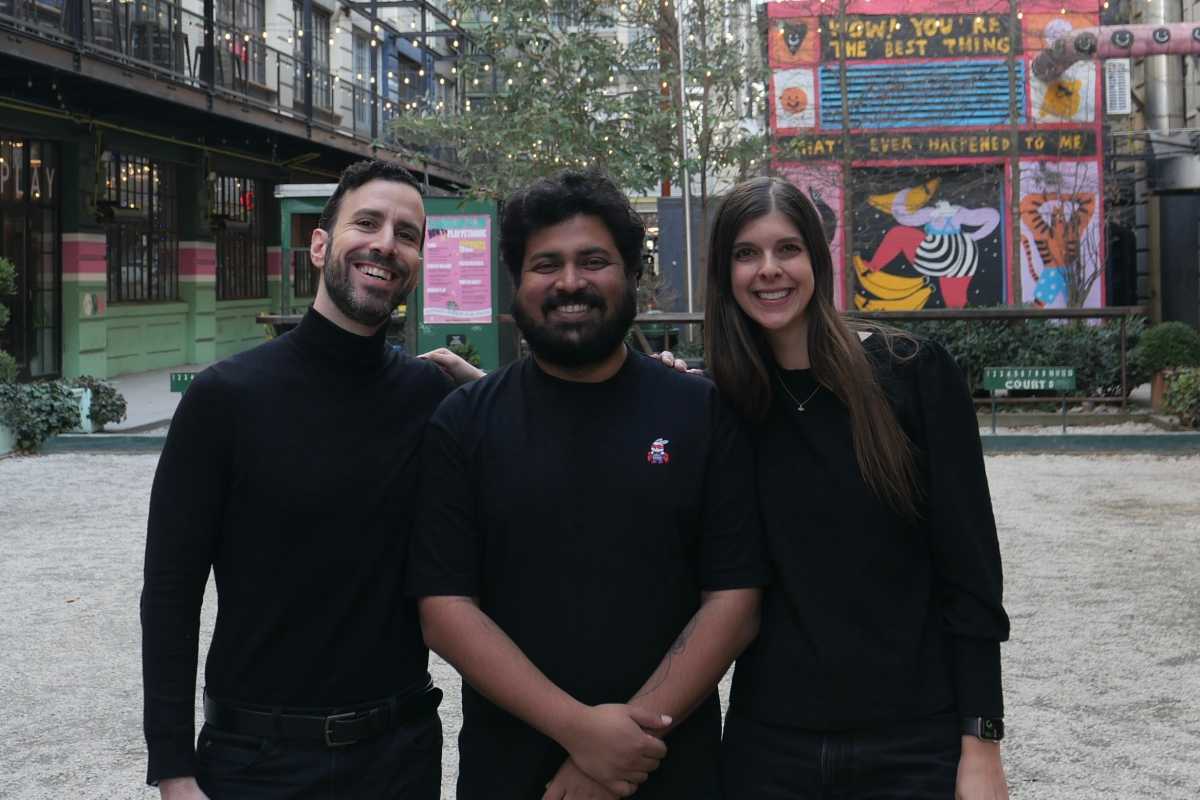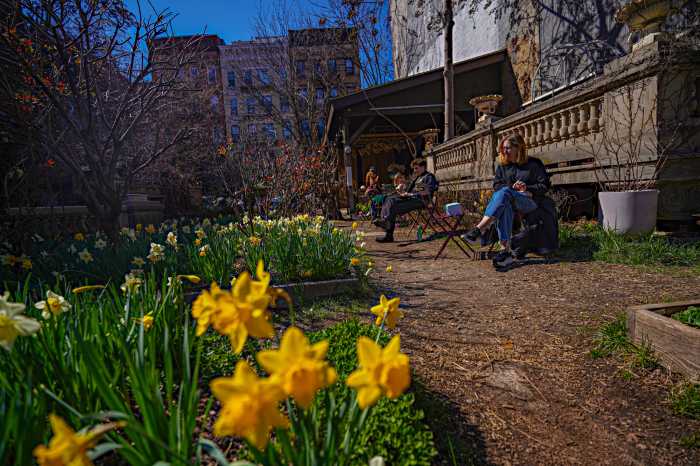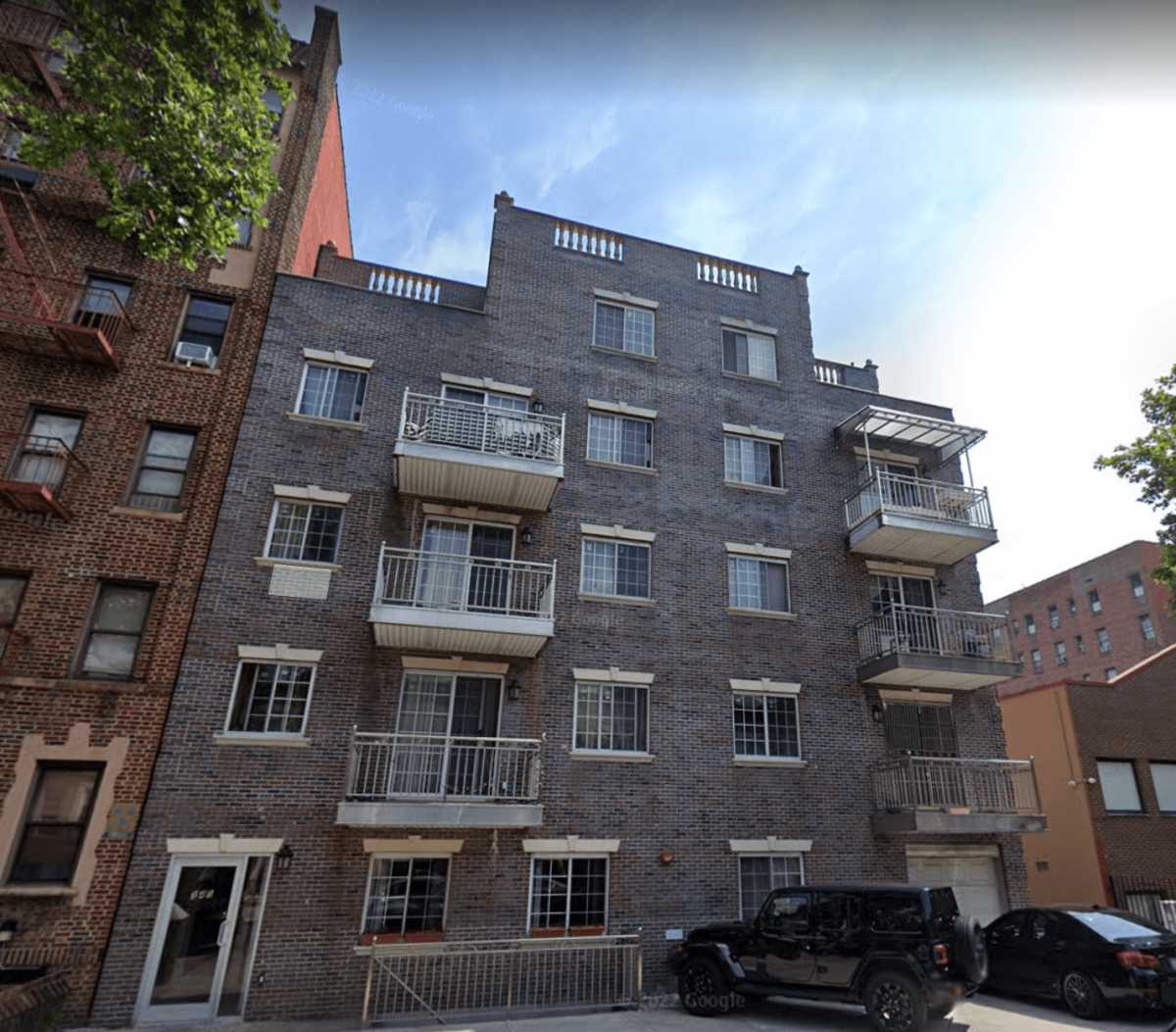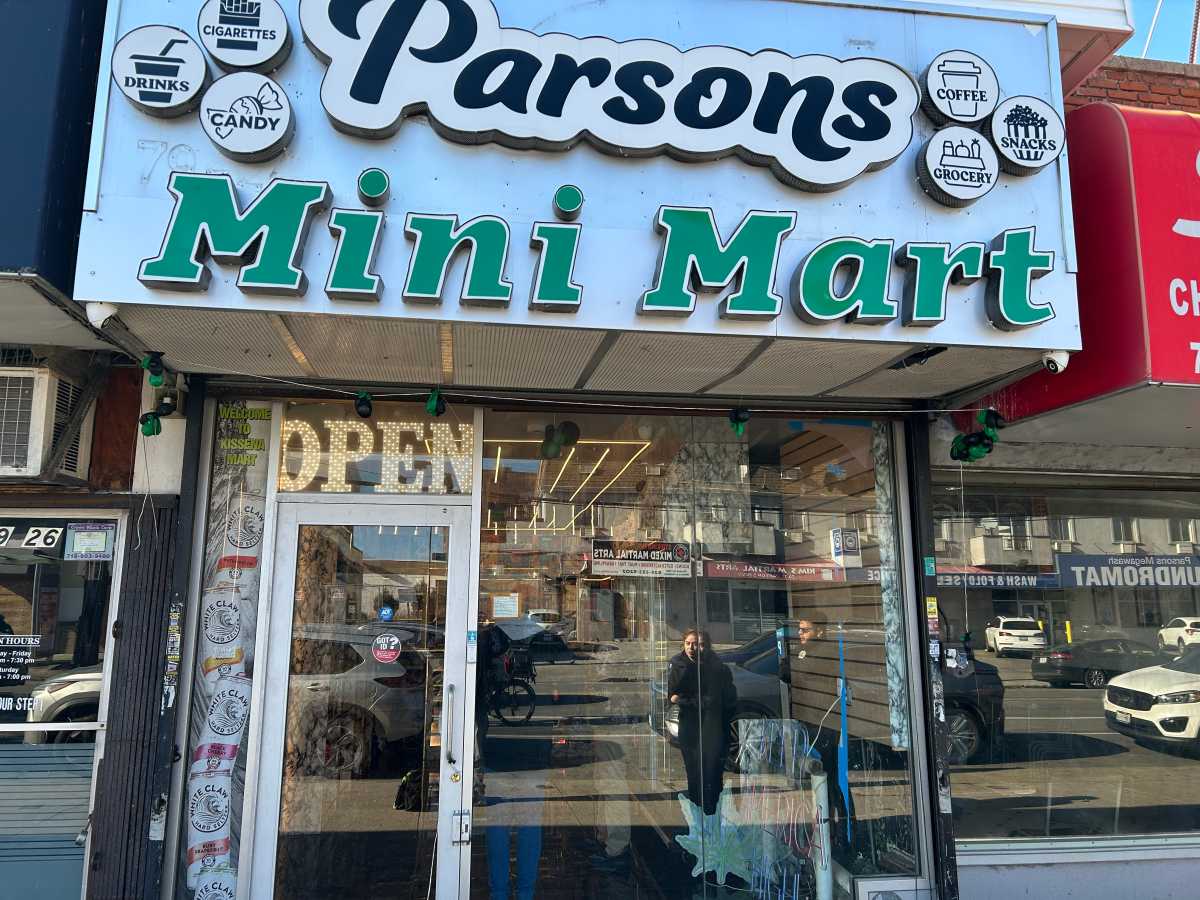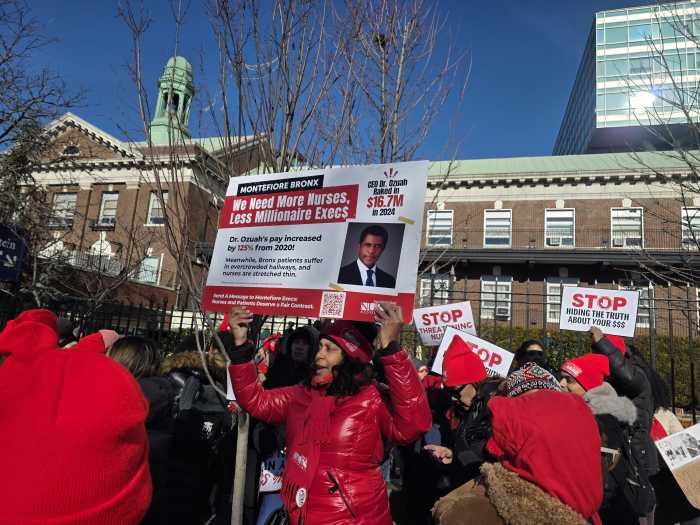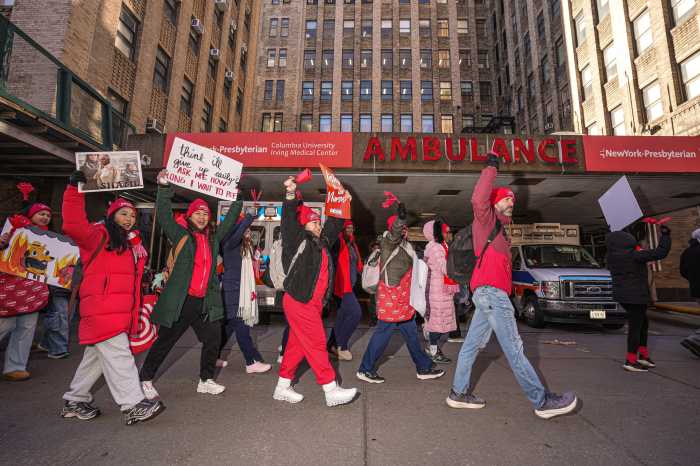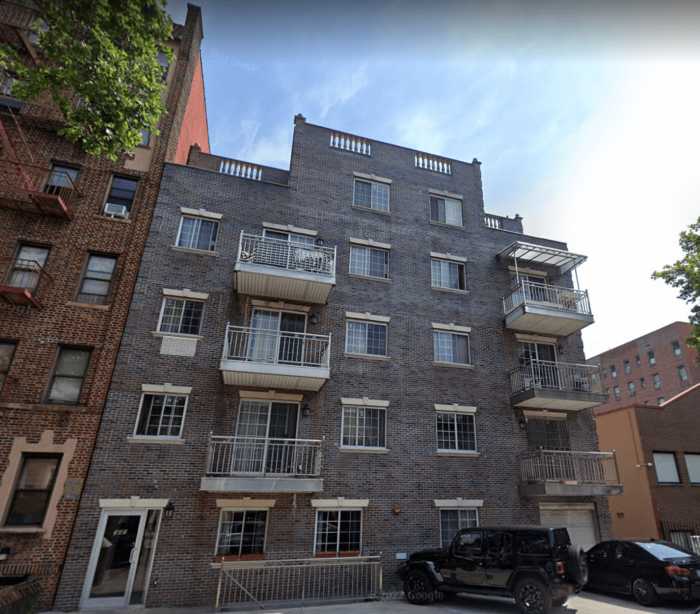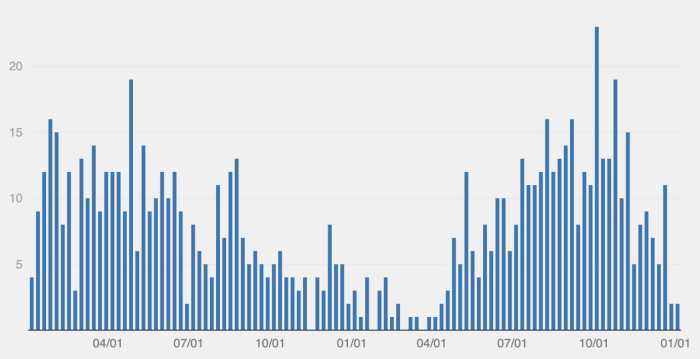
A bill that would require rezoning proposals to include “racial impact studies” aims to combat segregation in New York City housing, the public advocate says.
Many proposals to alter zoning put before the City Planning Commission go through a review process that gauges how dramatically the project may impact the surrounding area’s socioeconomic conditions, access to open space and other environmental characteristics, according to the commission’s website.
On Wednesday, Public Advocate Jumaane Williams introduced legislation that would add an analysis of impacts on racial and ethnic communities to the draft and final environmental impact statements produced as part of the review process.
Under his legislation, the analysis would determine whether a project would “further fair housing within the meaning of the Fair Housing Act,” which protects prospective homeowners and renters from discrimination, Williams said in a release.
“To combat racial segregation, we first need to study it,” Williams said. “Pretending it doesn’t happen as a result of rezonings amounts to the city turning a blind eye to the realities of the segregation and community displacement facing this city and the role city government plays in making it worse.”
In recent years, rezonings of various neighborhoods have drawn the ire of residents concerned about being priced out of their own communities.
After the City Council approved a rezoning proposal for Greenpoint and Williamsburg in 2005, the white population along the waterfront in the area increased by 44 percent, Williams said Wednesday; the area’s Latino population, meanwhile, decreased by 27 percent.
In her own statement supporting the legislation, Alexandra Fennell, network director of Churches United for Fair Housing, called the study “the first step in undoing the harm caused by over a century of land use policy rooted first in overt racism and then shielded by color-blind language.”
The bill, which is co-sponsored by Councilman Rafael Salamanca Jr., would go into effect 180 days after it becomes law.
